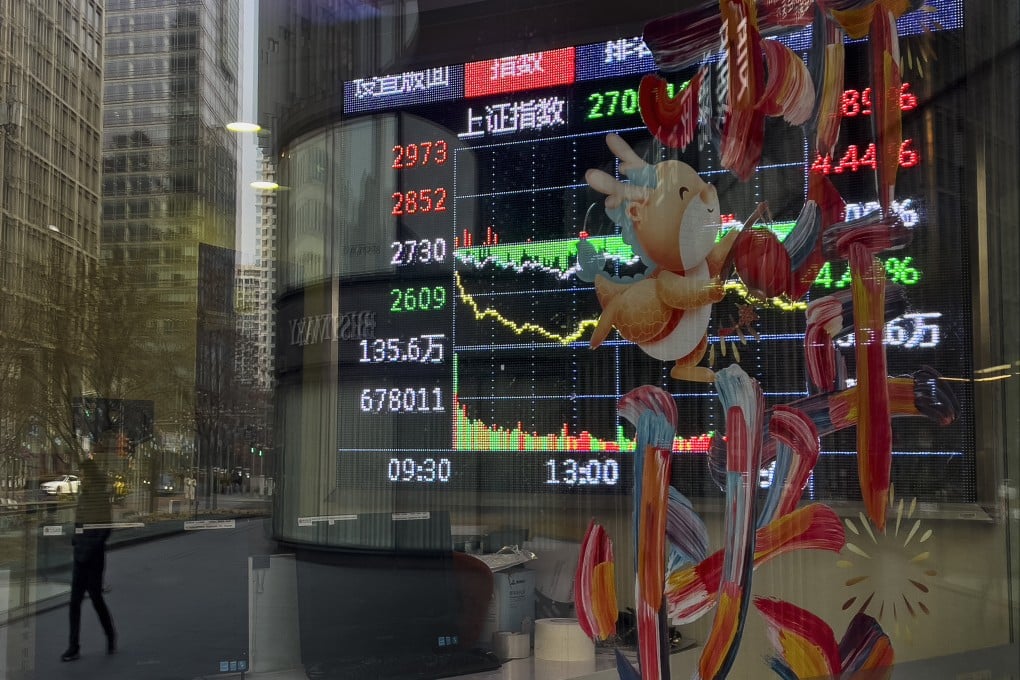Advertisement
Bridgewater continues to cut US-listed Chinese stocks as Singapore’s Temasek, Saudi’s PIF stay the course for market turnaround
- Bridgewater trimmed more positions US-listed Chinese stocks in the final quarter of 2023, including a total exit from Miniso and Noah Holdings
- Temasek has retained most of its US-listed shares, but sold all of its US$42 million stake in an exchange-traded fund tracking Chinese tech firms
Reading Time:3 minutes
Why you can trust SCMP

China’s stock market prospects continue to divide global money managers after reports showed hedge funds pared their bets last quarter while state investment funds from Singapore to Saudi Arabia retained their holdings in the hope of an end to a trillion-dollar market rout.
Bridgewater Associates sold all of its stakes in low-cost retailer Miniso and wealth manager Noah Holdings last quarter, according to its latest regulatory filing in New York on Wednesday. It also trimmed its positions in Chinese equities, including PDD Holdings, Trip.com and Yum China, by 10 to 20 per cent.
The hedge fund had earlier joined a global exodus by pruning its bets on Chinese companies in the third quarter as losses deepened, by getting out of 10 stocks including electric-car makers Xpeng and Li Auto and biopharma players HutchMed and BeiGene.
Advertisement
Bridgewater, the world’s biggest hedge fund with US$197 billion of assets, held US-listed depositary shares in 18 Chinese companies valued at US$578 million on December 31, compared with holdings in 45 firms worth US$1 billion a year earlier, according to filings.
“The economy has been too weak and deflation is the last thing that they need, because it makes debt problems worse,” Bob Prince, Bridgewater’s co-investment chief, said at the Asia Financial Forum in Hong Kong last month. “It hurts corporate profitability and sentiment” and policy intervention is needed to achieve equilibrium, he added.
Advertisement
Advertisement
Select Voice
Select Speed
1.00x